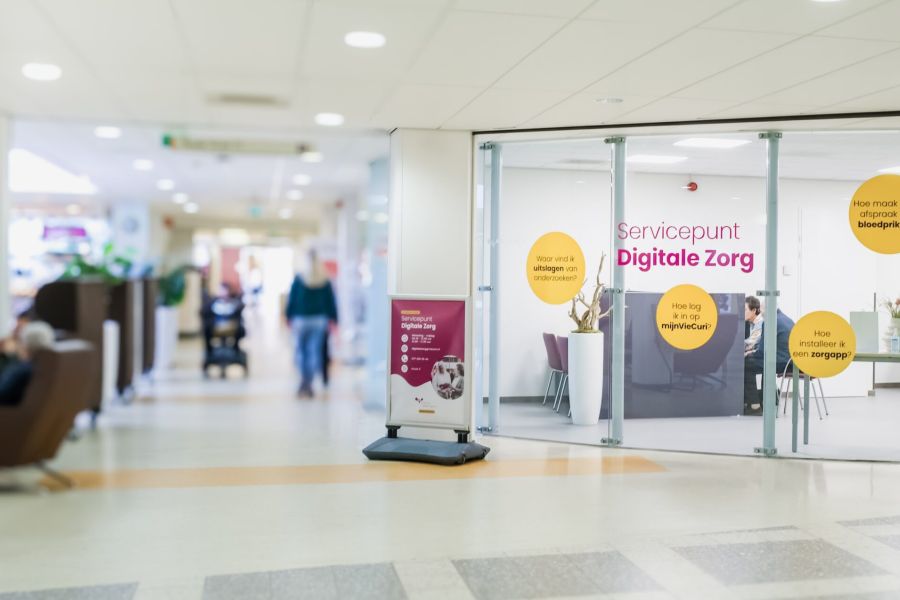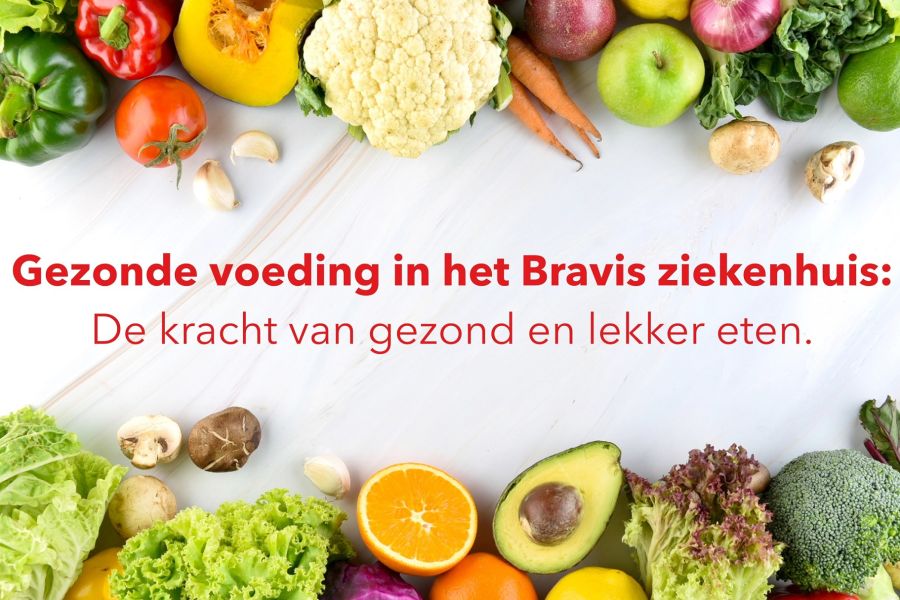Professor Marion Koopmans receives the NWO Stevin Prize
juni 18, 2018

Six researchers awarded the highest distinction in Dutch science
Today NWO chair Stan Gielen announced that professor Marion Koopmans – Head of the Department of Viroscience of the Erasmus MC – and professor Beatrice de Graaf of the University of Utrecht receive the NWO Stevin Prize. Professor Anna Akhmanova, professor Marileen Dogterom, professor Carsten de Dreu and professor John van der Oost receive the NWO Spinoza Prize. The Stevin and the Spinoza Prizes are the highest awards in Dutch science. Each laureate will receive 2.5 million euros, which they can spend on scientific research and activities related to knowledge utilisation.
The researchers are receiving the prize for their outstanding, pioneering and inspiring work. NWO has been awarding the Spinoza Prize since 1995 to a maximum of four scientists a year who are international leaders in their field. The NWO Stevin Prize, awarded annually to a maximum of two (teams of) researchers, is being presented for the first time. The key focus of both prizes is the quality of the researcher: whereas the Spinoza Prize emphasises the scientific work and fundamental questions, the Stevin Prize primarily honours the social impact.
Internationally renowned leading scientists
Stevin laureates
Marion Koopmans is professor of Virology at Erasmus MC in Rotterdam. Her research focuses on the transmission of viruses from animals to humans (zoonoses), and on the large-scale spread between humans (outbreaks and pandemics). She uses genetic information found in viruses in the form of DNA or RNA in order to map these infection pathways. The creation of worldwide networks to systematically control infectious diseases on a large scale forms the golden thread in Koopmans’ work.
Beatrice de Graaf is professor of History of International Relations & Global Governance at Utrecht University. In addition to conducting high-level historical research, she is also considered a scientist that knows how to bring together science, politics, practice and society. De Graaf is capable of translating highly abstract concepts into practical discussions without losing sight of the scientific nuance. She is in high demand as a terrorism expert and advises various public and private organisations in the Netherlands and abroad.
Spinoza laureates
Anna Akhmanova, professor of Cellular Dynamics at Utrecht University, is one of the leading experts in the field of cell biology of the cytoskeleton and a pioneer in the use of the latest techniques in cell biology. Akhmanova has made a number of ground-breaking discoveries that reveal exactly what the cytoskeleton’s function is and which mechanisms underlie these functions.
Professor Marileen Dogterom is one of the most important figures of biophysics in the Netherlands. She became world famous for her experimental research on the forces generated by the cytoskeleton. Dogterom was the first to measure the forces generated by the microscopic tubules of that cytoskeleton during cell division. Marileen Dogterom is professor of Bionanoscience at TU Delft and the driving force behind the national consortium BaSyc (Building a Synthetic Cell).
Carsten de Dreu is professor of Social and Organisational Psychology at Leiden University. He conducts ground-breaking research on conflicts, negotiation processes, decision-making and creativity in small groups. De Dreu has made important contributions to studies on the neurological processes governing group conflict. For example, De Dreu has demonstrated that poor decision-making and groupthink does not only come about as a result of cognitive shortcomings.
John van der Oost, professor of Microbiology at Wageningen University & Research, is one of the founders of the pioneering CRISPR-Cas technique; it enables scientists to alter, add or remove genes in a highly targeted manner. Van der Oost discovered how the CRISPR-Cas system contributes to the bacterial anti-viral defence mechanism. Experts describe CRISPR-Cas as a major revolution in the life sciences. Van der Oost’s research group has made a key contribution to this achievement.
Selection process of the laureates
NWO invites a limited number of people who, by virtue of their positions, nominate candidates for a Spinoza Prize or a Stevin Prize. This year, NWO received more than 30 nominations for each prize. The Spinoza and Steven Committees consist of twelve members, originating from different countries and fields of science, and in the case of the Steven Committee also from the business sector. Based on the nominations, the committees compile a shortlist of no more than eight candidates. The committee members subsequently talk to several foreign experts about each candidate. Based in part on these discussions, this year the committees recommended that NWO award four Spinoza Prizes and two Stevin Prizes. Including the new laureates, the Netherlands now has 89 Spinoza laureates and 2 Stevin laureates.
Award ceremony in September 2018
The festive award ceremony of the Spinoza and Stevin Prizes will take place on Wednesday 12 September in the Koninklijke Schouwburg in The Hague. During the ceremony, the Spinoza and Stevin laureates will explain their research to the audience and how they intend to use the financial part of their prize.
Source: NOW
Date: 15 June 2018


